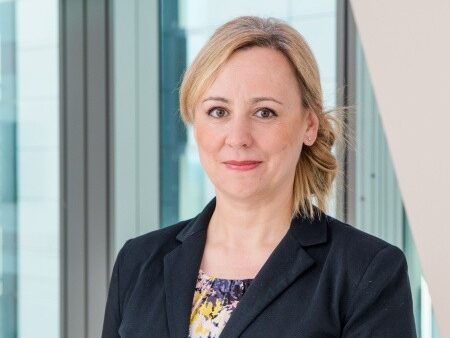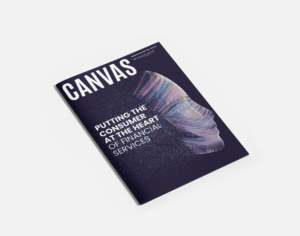
Sonia Brown has worked across three of the regulatory bodies which impact most on the daily lives. Sonia has challenged herself with every sector move, taking her learnings and leadership qualities to a new team and organisation. Committed to inclusion and embracing a wide variety of perspectives as Sonia has been able to use her own insights and learn from those of others as she has moved across sectors. With this breadth of knowledge, experience and people-centred thinking we were delighted to talk to Sonia and for her to share her views and learnings.
You have worked across multiple regulatory environments – how does the regulatory culture and relationship differ?
The common thread across the regulatory environments I have worked in is that they are all essential for people’s lives: energy, health, water and now financial payments. Each of them is ultimately trying to address issues that really matter to the consumer, but each sector does have its own complexities and nuance associated with it. In terms of the regulatory culture and regulatory relationships these things tend to be a little different depending upon what’s going on in the external environment. For example, the energy sector today and the issues being caused by the war in the Ukraine, is a very different environment to that which I left years ago. Every sector depends upon what’s going on at a certain moment in time as to how it really shapes the regulatory dialogue and conversations.
Prior to Visa you were Chief Regulation Officer at Ofwat. Coming into financial and digital services – are there benefits that you identify coming to the sector as a leader from ‘outside’?
I have loved moving between sectors in my career and I always encourage people to do it because I think it really helps with personal growth and to show that skills and experience are transferable.
When moving sectors one of the biggest things that I think you need to invest in is establishing a new network. When you have worked somewhere for many years you can become embedded in that sector and that can sometimes be a challenge to navigate. However, I was given advice earlier on in my career that I have taken with me: find your people, invest in them and work really hard to get to know, learn from and support them. I think you can quite quickly then establish the knowledge you need to face and address problems that are unique to that sector.
What are the biggest opportunities, and the biggest threats to consumers in your market today?
Throughout my regulatory career, I have always believed in creating active consumers. For example, with the energy sector consumers we looked at engagement in the context of the amount of switching and this became a measure of what a good energy market looked like. At Visa I have learned that most consumers are looking for a really great user experience and not much friction or concern in their day-to-day lives. They want to enjoy and live life and ideally it can be made as easy as possible, whilst being safe, and responsible. Our core proposition really is centred around this for consumers, and making their lives as easy as possible when it comes to payments. That has been really exciting to work on as part of the team at Visa.
Is AI going to change the financial and digital services landscape, and are our regulatory structures up to the task of dealing with that?
We believe AI can be a force for good in financial services – improving the financial lives of individuals and businesses, promoting security, financial inclusion and financial wellbeing. In fact, we were early adopters of AI – we pioneered the use of neural networks for real-time, risk-based fraud analytics in the early 90s. We now use it to promote security and build resilience, as we make it easier for consumers to manage their accounts, and for financial institutions to manage their business.
AI helps us to get better and faster at problem solving, improving the value and user experience for our clients, and making the entire payments ecosystem more secure and reliable. One of the main ways Visa uses AI is to prevent fraud. One of the greatest challenges in payments is separating good transactions, made by genuine cardholders, from bad ones attempted by fraudsters.
How does working in a global business affect the nature of your regulatory work?
Regulatory work tends to be more established at a national, rather than international level, so in a global organisation we need to be very aware of this. It has been such an opportunity for me to work within a global business to better understand how to implement this. There are more and more examples of international organisations looking at how they interface across national regulatory boundaries. Global companies need to be very mindful of these and ensure that they have the knowledge, cultural acknowledgement and regulatory knowledge to implement these.
Considering your experience what in your view are the key characteristics and skills required in a leader in a modern regulatory environment?
During my time here at Visa and previously I have learned a lot about the importance of diversity, but also about working very hard to be the most inclusive leader to gain the best blend of different thoughts and perspectives. If done well it brings the right voices to the table to better help navigate the problems and the challenges that you face. As my career has progressed, I recognise that I place less emphasis on knowledge and more on those behavioural elements that make for a more inclusive environment. To me that is what is vital.
